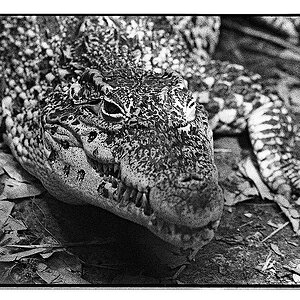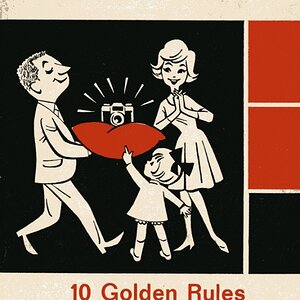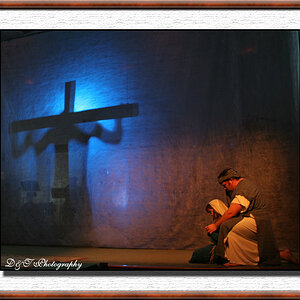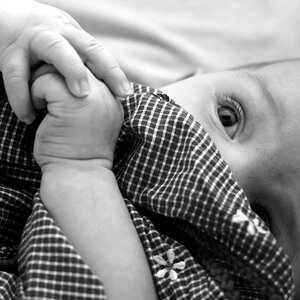- Joined
- Jun 9, 2013
- Messages
- 20,580
- Reaction score
- 12,709
- Website
- moderndinosaur.wordpress.com
- Can others edit my Photos
- Photos NOT OK to edit
Do your own damn research! How would you tell if I or anyone else told you pure crap. That is what is wrong with people today. They are to dammed lazy to do anything.!!!
Do the work, then if you find what I have posted is wrong you can post the proof. I stated that what I wrote is a compilation of an acquaintances work. That is second hand, from authority but second hand. If you disagree with me or anyone it is YOUR responsibility to dig up any proof of your stance.
You disagreed with this post:
Here's the thing, The person who physically pushed the shutter button, that takes the photo is the one that owns the copyright. So in this case, your friend would own the copyright. which if you use the photo, he could press charges against you for copyright violation. (Although this is unlikely because he is your friend). If you want to own the all the copyright to the photo, you can note so with a contract in which they forfeit copyright ownership to you.
I urge any concerned or interested parties concerning photo copyrights to PLEASE do yourself a favor and DO NOT listen to this guy! That statement is so full of holes and so torn to shreds in the courts as not even usable as a joke anymore. Good example of the worst kind of net advice.
Do you, then, have no responsibility to follow your own advice and "dig up proof of your stance"? Other, of course, than saying that you are just repeating what someone else said?


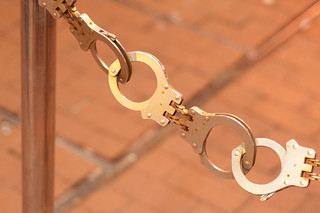
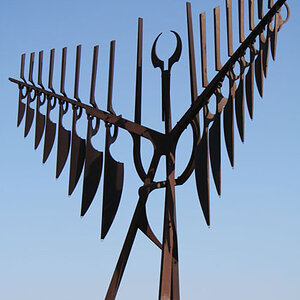

![[No title]](/data/xfmg/thumbnail/31/31044-cebde226a125a2fa016319847d0b37ed.jpg?1619734585)

![[No title]](/data/xfmg/thumbnail/31/31046-f1d28c614676726741e90ce5b420a03e.jpg?1619734586)
